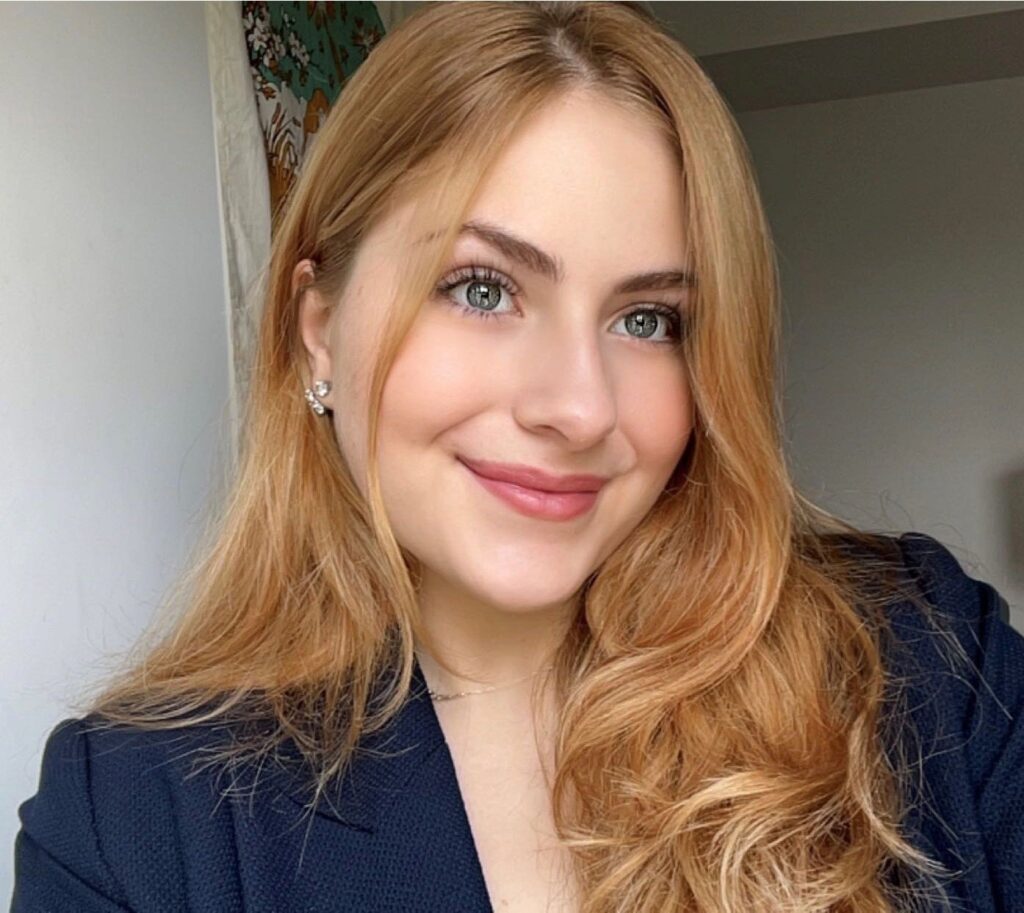By Nicole Abrate
James W. Foley Legacy Foundation Intern

The March 29th wrongful detention of Wall Street Journal reporter Evan Gershkovich by Russia, which followed the 2022 wrongful detention and subsequent Dec. 8 of WNBA star Brittney Griner captured public attention. But for most families of U.S. hostages and those wrongfully detained abroad it is a struggle to get sustained interest in their plight.
That shared struggle has created a bond and a community – of families trying to get attention and secure the release of their family member or friend being wrongfully held and of former hostages who want to help those still being held.
The James W. Foley Legacy Foundation and the Bring Our Families Home campaign are leading nonprofits whose founders felt both the need for more public attention to the ordeals of Americans unjustly held abroad and the value of connecting with and helping other families of Amereicans wrongfully detained or held hostage.
They also became advocates to hold the U.S. government accountable for bringing home all unjustly held Americans. Diane Foley, mother of journalist James Foley, who was murdered in 2014 by ISIS after being held hostage for two years, started the Foley Foundation because she believed the government had not done enough to secure her son’s release and wanted to push the government to do better for other Americans and their families. BOFH was created by family members of American hostages and wrongfully held detainees to demand attention at the highest levels of government. The successful advocacy campaign of Trevor Reed’s family, which pressured the U.S. government to secure his release from Russia, was a transformative moment for the families who founded BOFH.
The Foley Foundation estimates that there are 59 Americans who are being held hostage or wrongfully detained abroad.
“The pain and despair of hostages and wrongful detainees and their families is invisible to most, which necessitates a continual awareness raising campaign,” Diane Foley said. “Commitment, compassion and moral courage to prioritize the return of innocent fellow Americans binds us all together.”
Drew Havens is a close friend of Eyvin Hernandez, who was arrested by Venezualan authorities on March 21, 2022, at he border between Colombia and Venezuela.
“I think early on, we were sort of alone,” Havens said. “But we eventually connected with other families who have loved ones who are being held hostage or wrongfully detained, and when I got involved with the BOFH campaign and the Foley Foundation I felt a sense of collective understanding.”
While building this community, families members and former hostages struggle with the pressure of having to raise awareness.
Neda Sharghi, a founder of the BOFH campaign, is the sister of Emad Shargi, who has been wrongfully detained in Iran since 2019 but now is under house arrest and may be headed home due to efforts by the U.S. government. “You wake up every morning wondering if your loved one’s case has been forgotten, wondering if you’re not doing enough, wondering how you can keep it fresh and active in the minds of, you know, policy makers or administration, the media,” she said. “It’s a constant, constant battle.”
Similar to Havens, Sharghi said that “there is a sense of camaraderie and we give each other courage to demand action, demand attention, and demand that our government continues improving its ability to bring our loved ones home.”
David Rohde was kidnapped in 2008 by the Taliban and released seven months later. “After having come back, you need to keep talking about it or else the topic will die down,” he said.
Harrison Li, son of Kai Li, an American who has been detained in China for over 10 years, deals with his father’s imprisonment by realizing what he can – and cannot – control. “I’ve processed this trauma and realized much of the result is maybe not under your control, but at least you do what you can and you control what you can control. And you know, whether you hope or not, probably won’t make a difference. What will make a difference is what we do.”
Zoya and Guila Fakhoury are the daughters of Amer Fakhoury, an American citizen who was held in Lebanon in 2019 and released in 2020. Five months after being released he died from cancer. The Fakhoury daughters spread the message that “silence is not an option” through their foundation, the Amer Fakhoury Foundation. Officials “told us to be quiet,or else it’s going to jeopardize our case,” said Zoya Fakhoury. “And we did stay quiet for a few months. And then just something in us clicked: we can’t stay quiet. So we immediately started going to the media. We did not listen. This is why, if you go to our website. our motto for the foundation is, ‘Silence is not an option’.”
Through the tough times of his imprisonment, José Pereira, who was held in Venezuela for five years, said that “even in those dark moments, I was always positive. And last year, the year before we came home, I knew I was going to come back. So I packed all my belongings in the carry-on. I put it in the corner, and I was ready to go whenever they released me.”
Pereira started a coaching business after his release, discussing his imprisonment in turn Venezuela and the realizations that helped him to stay positive during that time.
That type of positive attitude can be hard to as families await for their loved one’s return. But when asked what keeps them hopeful, the response was the same: You cannot give up.
“We have to push, because if we don’t, no one will hear us and we will just be ignored, right?” Li said. “I mean, that’s just the reality of it.”